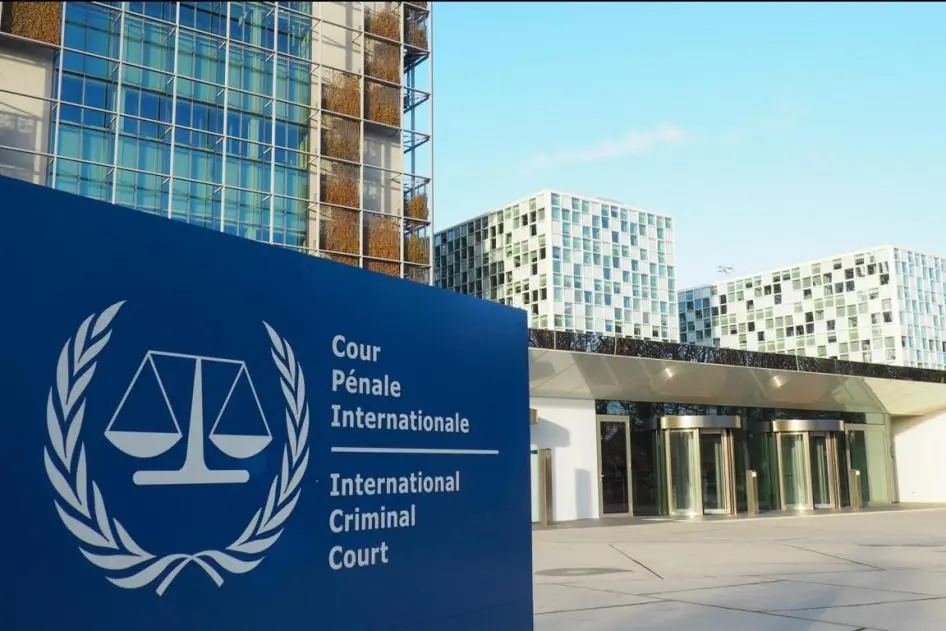The upcoming FIBA World Cup in four years will be the first hosted in a Muslim and Middle East-North Africa country.
Qatar is under the spotlight once again as the country’s basketball federation gears up for the monumental task of hosting the FIBA Basketball World Cup in 2027.
While the Gulf state presents a unique challenge compared to the 2023 co-hosts, FIBA World Cup 2023 executive director David Crocker expressed his excitement about this upcoming venture in the first Arab and Muslim nation.
“Qatar is a different part of Asia. China is different, the three countries now are different, and Qatar is different again. It just presents such an amazing opportunity and it’s exciting,” Crocker said.
“This is a great challenge in Qatar.”
Qatar was announced as the next host of the world’s biggest basketball tournament in April last year, just a day before the draw for the recently-concluded World Cup in Manila.
This will mark the third consecutive World Cup held in Asia following China’s hosting in 2019.
In preparation for the event, officials from the Qatar Basketball Federation were in Manila during the final stages to observe and learn from the Philippines’ execution of the games.
“The main thing about the organising committee in Qatar is they’re also involved in the football World Cup. They spent time coming and doing a site visit here for this World Cup. They continue to see some little things here that they can put in their own World Cup,” Crocker said.
With its successful hosting of the men’s FIFA World Cup in 2022, Qatar has all the venues constructed already, with 92 games set to take place in Doha, promising fans a convenient and exciting experience.
Qatar 2022 was arguably the best FIFA World Cup in its history.
However, the upcoming basketball World Cup in four years will be the first hosted in a Muslim country (Turkey hosted in 2010, however it is a secular country) and also the first in the Middle East-North Africa region.
“We have a big interest for team sports in the Gulf region. I’m optimistic that going into this new market for us will also expand our footprint but also, most importantly, develop basketball in that part of the world even more,” FIBA secretary general Andreas Zagklis.
“It is a different region we’re coming to. We see some countries are traditional in the sport, [like] Lebanon and Jordan. It is increasingly popular in the Gulf. Qatar is very committed and personally, it would be the dream of a fan,” Zagklis continued.
“It’s going to be a tremendous basketball experience. You will be able to see all the best basketball players in the world in the same city across four venues.”
The executive also said that by taking the World Cup to various regions in Asia, beginning with China, it reminded fans of the sheer excitement of the global basketball scene, especially since many fan communities have a stronger connection with the NBA.
FIBA plans to replicate this strategy in Qatar, aiming to strengthen its presence across the continent.
“With the significant exposure that our top men’s league has, the NBA, we have had the opportunity to showcase to the fans in China, in Japan, in Jakarta, and here [Manila] what the international game, FIBA basketball, is all about,” Zagklis said.
“We have mobilised so many people to play basketball in this part of the world that is so populous. I am very optimistic about what Asia can do in the future.”
‘Sports hub’ Qatar
Qatar has long been a regional sports hub, hosting major events even before winning the bid to host the World Cup back in 2010.
“In 2006, we hosted our first major event, the ‘2006 Asian Games’. Since then we’ve hosted over 600 international and regional events, so if we look at sports I mean obviously the World Cup is the biggest but hosting the Handball World Championship, hosting the IWF Athletics World Championship, hosting Formula 1 now for the next 10 years,” Qatar 2022 CEO Nasser Al Khater told Doha News in June 2022.
“Qatar has been a regional powerhouse in sports and will continue to be so,” he told Doha News in an exclusive interview, suggesting that the Gulf state will continue to host sports events even after the 2022 FIFA World Cup.







